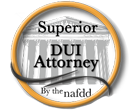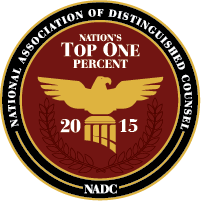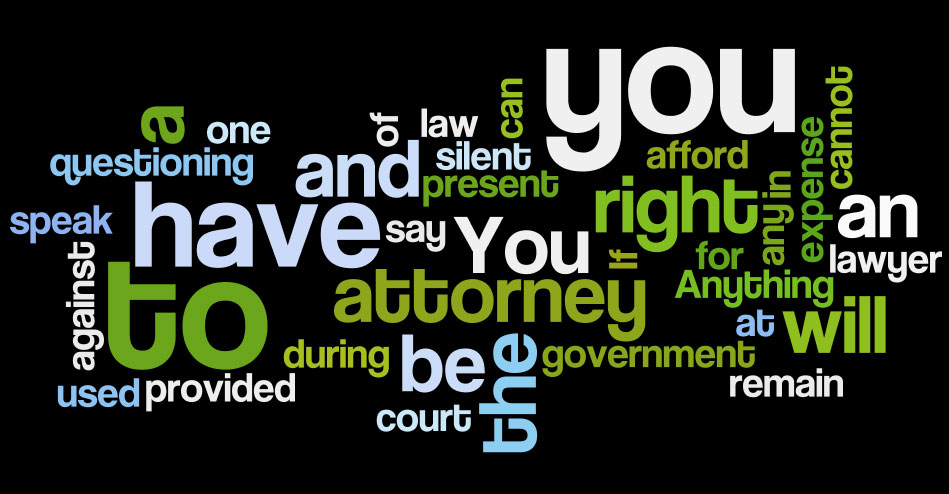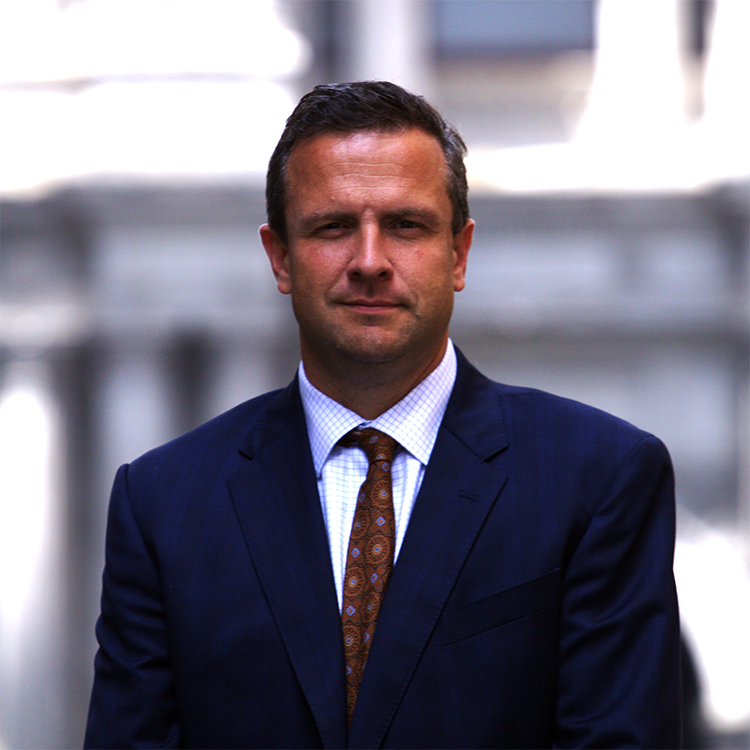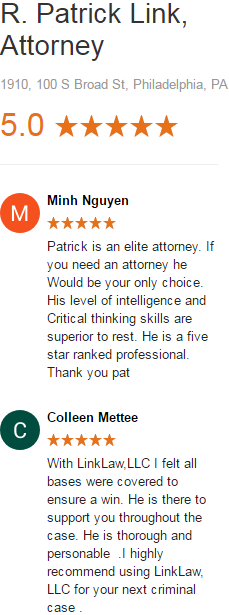What do you do if you are at your job or running an errand and the police suddenly approach you to ask about a crime that occurred?
Police don’t have to inform you that you are a suspect, so how can you know whether they are looking to incriminate you with your statements? If you make an innocent mistake and provide the police with inaccurate information, those inaccuracies can be used to completely destroy your credibility if charges are ever brought against you and the case goes to trial.
Are you better off saying nothing and seeking the advise of a lawyer? YES!
It is pretty well-known that after a person has been arrested and they are in custody, police can only question someone if they have been read their Miranda warnings. Any silence after being advised of their rights cannot be used against the person at trial under the 5th amendment. The situation is a little trickier when the police are seeking to question an individual BEFORE they are arrested and they are NOT in custody.
If the person refuses to answer questions, or does not volunteer information to the police on their own, can that silence be used against them at trial?
Under current Pennsylvania case law, the answer appears to be no, unless your defense attorney “opens the door” and brings up your silence at trial. However, the Supreme Court will soon be deciding the Commonwealth v. Molina, a case where the prosecution introduced evidence in a homicide trial that the defendant refused to go to the police station to be interviewed. The PA Superior Court, in a 5-4 ruling, held that the evidence should not have been admitted at trial under the 5th amendment. If the Supreme Court reverses that decision, Pennsylvania law will be more in tune with federal law, which gives greater leeway to prosecutors, especially where the defendant testifies at trial.
This issue recently arose in a recent jury trial of mine, Commonwealth v. Young. In that case I defended my client against gun charges after they were charged with aggravated assault for firing a gun inside of a nightclub, hitting a patron. Unbeknownst to the police at the time of his arrest (despite the fact that he was arrested on scene), Young had been shot in the leg as well.
Trial & Outcome in the Case
At the trial of this Philadelphia gun offense case, the defense’s theory was supported with circumstantial evidence. The another bouncer got into a scuffle with Young and that it was the bouncer’s gun that was fired. The prosecutor tried to argue that Young accidentally shot himself as well. At trial, the Commonwealth sought to introduce the fact that Young never told the responding officers he was shot to rebut the defense’s argument and to prove consciousness of guilt on the part of Young. The defense relied on the 1982 case of Commonwealth v. Turner where the Supreme Court first held that the prosecution cannot impeach a defendant with his previous silence, but can only do so with inconsistencies between previous statements and testimony at trial. In my case, Philadelphia Common Pleas Court Judge Alice Dubow prohibited the prosecution from mentioning or eliciting any testimony regarding my client’s silence, and he was ultimately acquitted of all charges.
In some federal jurisdictions, and some states, a prosecutor in Young’s case could have played upon a lay person’s inherent suspicion of people who don’t cooperate with police, and the result for my client could conceivably have been quite different. As the law currently stands, I believe that if you ever have any doubt as to whether you are being considered a suspect in a case, DO NOT make any statement to police before talking to a lawyer first, regardless of whether you have been arrested. You may back yourself into a corner by talking and conceivably give the prosecution valuable evidence against you.
Before talking to the police, you should always consult with an experienced criminal defense attorney. LinkLaw, LLC offers free legal consultations.



